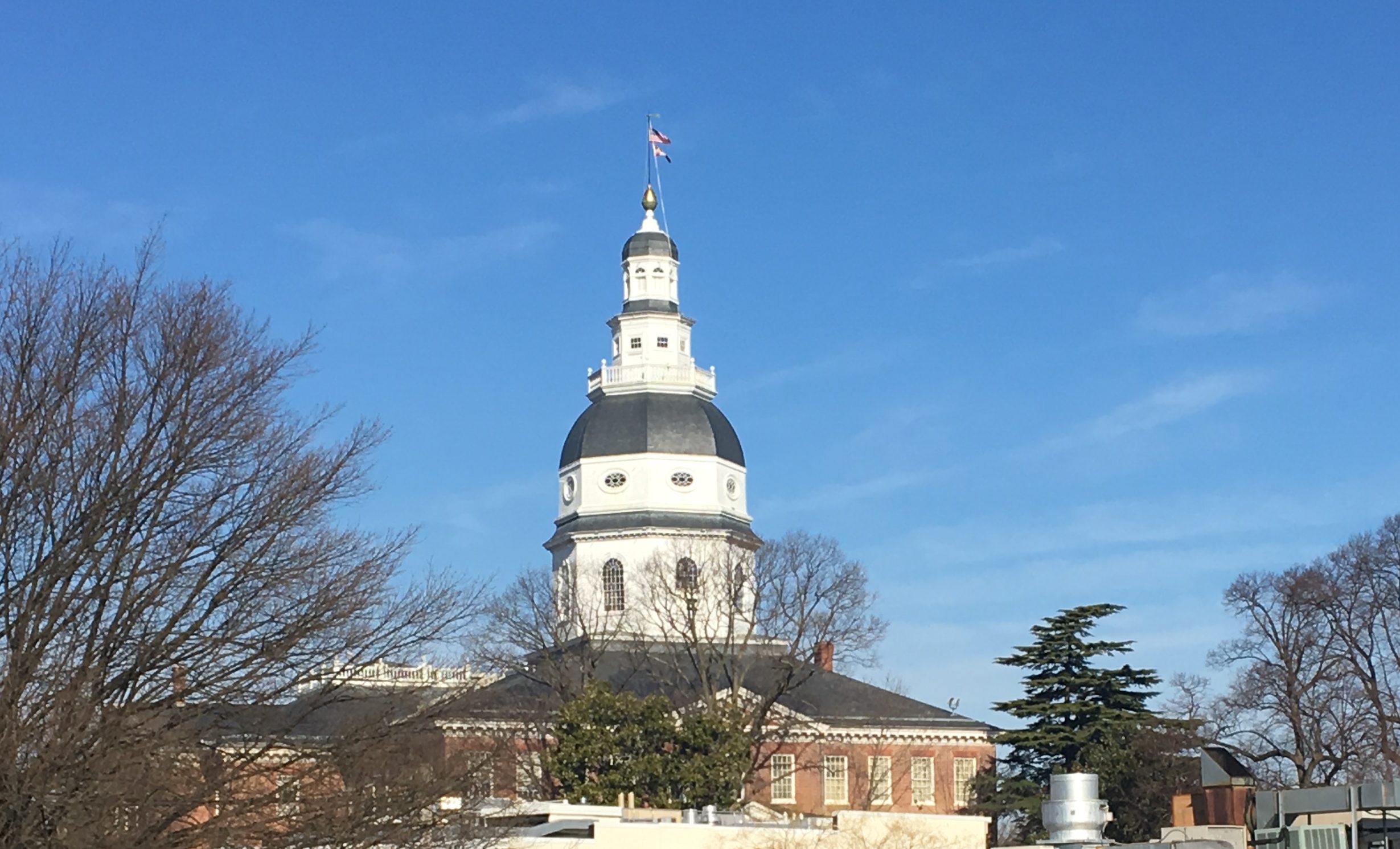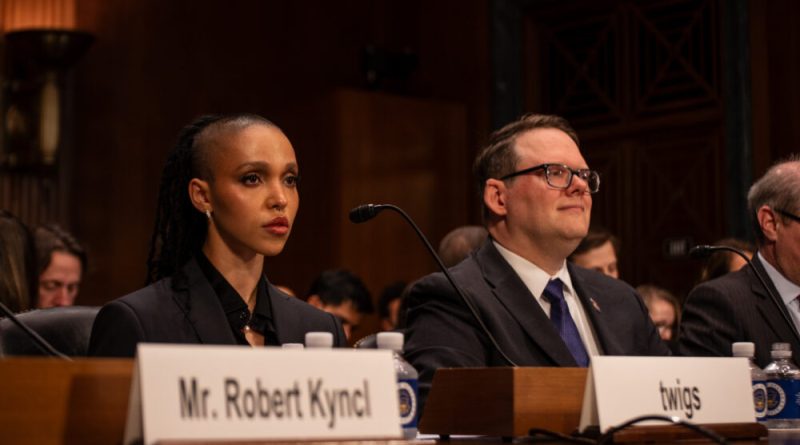As some lawmakers look to regulate AI fakes, free speech concerns remain
The singer, whose full name is Tahliah Debrett Barnett, said that she uses the technology herself to engage with fans in different languages or respond to press requests.
“What is not acceptable is when my art and my identity can simply be taken by a third party and exploited falsely for their own gain,” FKA twigs told a Senate Judiciary Committee’s intellectual property subcommittee on Tuesday. “Our careers and our livelihoods are in jeopardy.”
Generative AI has been used to create songs, such as “Heart on my Sleeve”, which replicated the voices of popular music artists Drake and The Weeknd. Works like these take away revenue from the original artists, industry leaders argued.
But the problem is much bigger than that.
AI has been used to generate sexually explicit images of Taylor Swift, emulate President Joe Biden’s voice in robocallsand sell dental plans using a replica of Tom Hanks’ likeness.
A bipartisan Senate bill aims to address all of these issues. The proposal would hold individuals, companies, and platforms liable if they produce or host unauthorized replicas, but includes some exceptions to protect free speech.
Sen. Chris Coons, D-Delaware, and chairman of the subcommittee, said that he created his own AI-generated song using a replica of Frank Sinatra’s voice.
“The song was fun to create,” Coons said, adding that he had the permission of the rights holder to do so.
Sen. Thom Tillis of North Carolina, the ranking Republican on the panel, said that he uses the generative AI ChatGPT for one hour every day as part of his news feed. Congress has to be careful not to overstep the rights of others when trying to regulate AI use, he said.
The current draft might infringe on First Amendment rights, experts and industry leaders warned the committee.
Ben Sheffner, senior vice president and associate counsel at the Motion Picture Association, warned of a chilling effect new regulations might have in the use of technology for storytelling. He used the example of the film classic “Forrest Gump,” which features the main character interacting with digital replicas of former presidents. That might not be possible under the proposed bill, he said.
Sheffner said a new law is not necessary, but if Congress wants to address AI issues, legislation should be narrow and deal with gaps around election fraud and sexually explicit images.
Adding a federal layer to the existing “patchwork of state laws” will only exacerbate the problems, Sheffner said.
Lisa Ramsey, law professor at the University of San Diego, echoed free speech concerns. She said a new law should include specific exceptions to liability for expression protected by the First Amendment. Additionally, the current draft’s basis for permitting legal action against a person or entity allegedly misusing AI is too broad, she said.
“I’m glad that we are taking up this bill,” Tillis said, despite the challenges to balance privacy rights and free speech. “We need to get it right.”
Coons said that the committee will refine the bill in the next two weeks and he hopes to introduce it later this month.

Capital News Service is a student-powered news organization run by the University of Maryland Philip Merrill College of Journalism. With bureaus in Annapolis and Washington run by professional journalists with decades of experience, they deliver news in multiple formats via partner news organizations and a destination Website.

